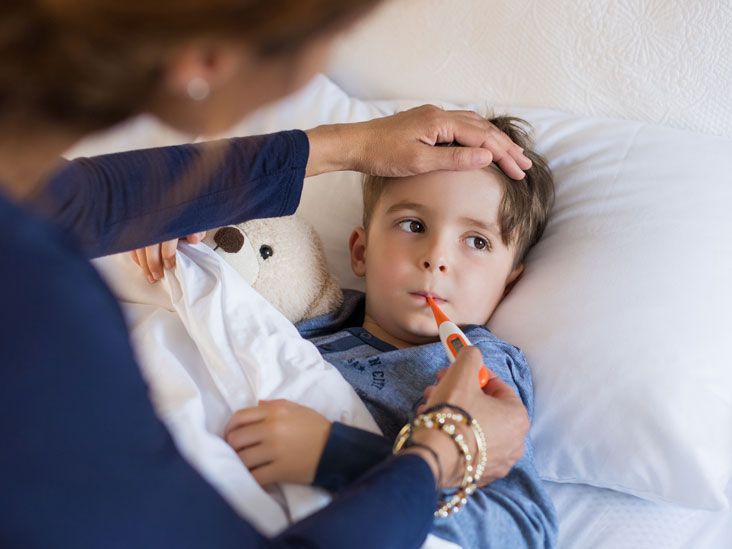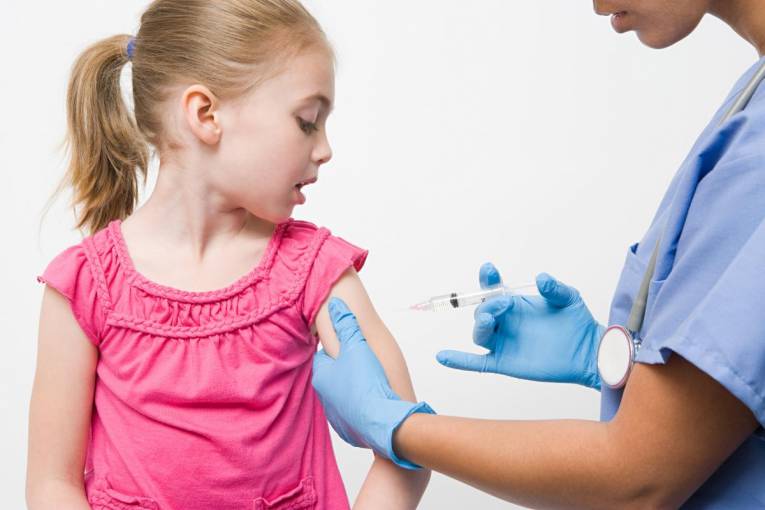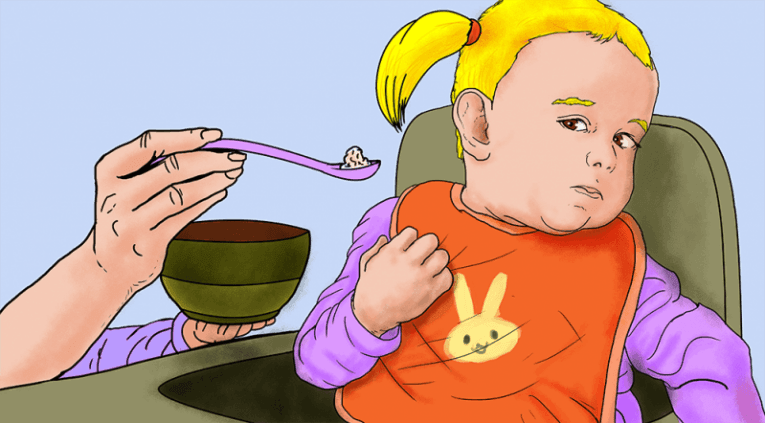
High Doses of Vitamin C and D May Not Curb Kids Colds
We all know that vitamins are an important part of a healthy life. There are Vitamins A, B, C, D, E, and several more all the way to Zinc. If you go to the drug store, they are usually alphabetized and you can spend 30 minutes looking through them. Many people get all of the vitamins that they need from the foods that they eat, while others take supplements which provide them with even more. However, more is not always better. Taking large amounts of any vitamin may seem like a great thing, but in fact, it can be harmful to you.
What is Vitamin C?
Vitamin C is critical for many parts of the body. It is responsible for:
- Maintaining the health of the body’s connective tissue
- Acting as an antioxidant
- Improving the quality teeth and gums
- Promoting healthy skin
- Increasing mineral absorption
- Helping circulation and heart health remain healthy
- Boosting the immune system and helping fight the cold and flu
Many foods contain Vitamin C, mainly fruits, and vegetables. Some of the most popular ones are oranges, strawberries, kiwi, broccoli, kale, red and green peppers, and Brussel sprouts. Some of those foods seem easy to give to kids, while others may be a struggle. It is important to know that the body does not make Vitamin C on its own so kids need to get enough through their diet or with a supplement. Not having enough Vitamin C can cause problems.
However, is it true that high dose of Vitamin C could prevent/treat Cold symptoms? The answer is there is no official scientific prove so far on this fact. So there is no Vitamin C dose for colds!
What is Vitamin D?
Vitamin D is an important nutrient that works with calcium to keep bones strong. It also helps prevent problems such as diabetes, heart disease, and osteoporosis. Your body also uses Vitamin D to create antimicrobial deterrents, which can help fight off illnesses such as colds and flu. Vitamin D is primarily absorbed through sunshine. It is not found naturally in many foods, only foods such as cod liver oil, Portobello mushrooms, and cooked fatty fish or tuna. (Good luck getting kids to eat those!) Thank goodness they do add it to many foods, which are all fortified. The foods that are fortified with Vitamin D include whole milk, some yogurts, cereal, and fruit juices. (Much better choices for children.) Check the label of food when you are buying something.
Editor’s suggestion: How to Care for your Baby when they have a Fever
What are the recommended doses for each?
Vitamin D dose for kids
During the first year of life, babies need 400 iu/day. Babies that are exclusively breastfed may need supplements. Breastmilk does not have any Vitamin D in it, but the formula does. Since your baby cannot take a pill, you must use liquid drops. A great one t use is Baby Ddrops. They have the entire recommended daily amount in just one drop, so struggling to get your baby to take more than one drop won’t be a problem. After a year, babies should be drinking milk and eating foods that are fortified with Vitamin D.
Children and teens need 600 iu/day. Many kids do not get enough milk each day for the appropriate Vitamin D amount. (32 ounces has about 450 iu, and that’s a lot of milk!) Multivitamins, like these best-selling Smartypants Complete Vitamins. These are great tasting and easy to get kids to take. (My daughter takes them and some nights I do too!) They have 600 iu in them, which is the daily recommendation. Fortunately, most kids are out in the sun enough that they get their daily amount by playing sports or riding their bike. If you live in an area that has limited sunlight, talk to your child’s doctor about how much you should be supplementing. Just like Vitamin C, not having enough Vitamin D can cause problems as well.
Some of the best-selling Vitamin D supplements are Cataplex D, which is made from all food-based products and with nothing artificial. This would be a better choice for a teenager. Yummi Bears Organic Vitamin D Supplements have great reviews and is gluten and gmo free. These are a better choice for younger kids.
Vitamin C dose for kids
The maximum dose of vitamin C for children vary a lot depending on the age of the child. It is recommended that babies have 40 milligrams per day until they are 6 months old, and then that increases to 50 milligrams until they are a year. That is the amount that is in breastmilk or formula so there is no need to supplement. Toddlers from 1 to 3 need 15 milligrams daily, 4 to 8-year-olds need 25 per day, and 9 to 13-year-olds need 45 milligrams daily. Teenage girls need 65 milligrams daily and teenage boys need 75.
Many multivitamins, such as the popular Yummi Bears Organic Multivitamin contains 30 milligrams per serving. Since it is so popular in foods, it is not supplemented as much as Vitamin D. If you are looking for a supplement for your child, Yummi Bears Vitamin C Supplement has 60 milligrams and is a vegetarian gummy product that kids will love.
What happens if you take too much?
Remember that more is not always better! Taking the recommended dosages of each will be sufficient for your child unless your doctor has told you otherwise. Both Vitamin C and D are not stored by the body if any extra is taken in. Any extra taken in will be dumped into the urine, so you are really just wasting your money. There are problems that can happen if too much is ingested.
Problems that can occur with too much Vitamin D include:
- Weight loss
- Weakness
- Constipation
- Decreased appetite
- Vomiting
It can also increase your calcium level, which can lead to kidney stones and heart rhythm issues. These two things can be very scary!
Taking too much Vitamin C can cause:
- Diarrhea
- Heartburn
- Belly cramps
- Kidney stones
- Headaches
- Nausea and vomiting
If there is an overdose of either Vitamin C or Vitamin D, you should call your doctor in case your child has any other health conditions that this could interfere with. Normally, it is not an emergency. Like I mentioned, the excess that is not used by the body will be excreted into the urine.
Since high dose of vitamins don’t make it, How can I prevent my child from a cold?
If taking a lot of vitamins isn’t going to help prevent or reduce your child’s cold, what will? Here are a few tips to help you out:
- Be sure you and all of your children wash their hands after the bathroom, before eating, and any time after traveling somewhere or touching something gross (like a petting zoo!)
- Educate your children ( if they are old enough!) about how germs can enter into their mouth and that it is important to keep their hands as well as other things such as pencils out of it.
- Don’t take your kids to people that are sick, or let them near your kids. (If you can prevent it! I know it’s not always possible!)
- Disinfect germy places in your house, especially after someone has been sick. (Examples are doorknobs and toys.)
- Teach your kids to sneeze into their elbow so that the germs don’t get all over their hands or onto someone else.
- Give your child a multivitamin. Having low amounts of any vitamin can make it difficult for their body to be healthy.
Article based on research of some important sources including WebMD








